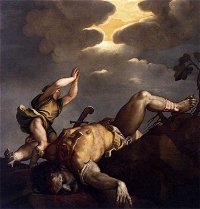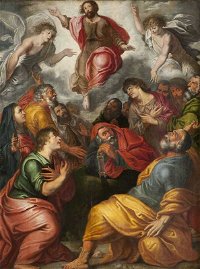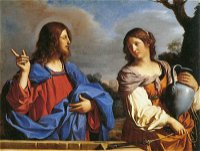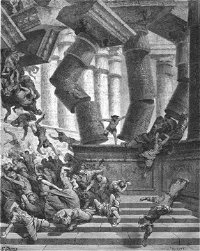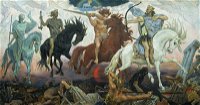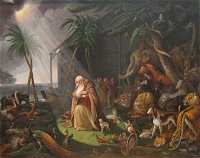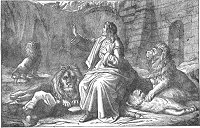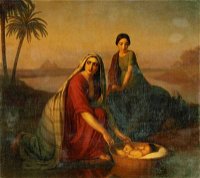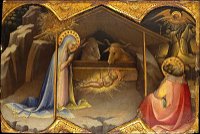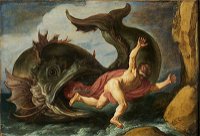
Stories from Sunday School Trivia Quiz
There are many stories found in the Christian Bible - some teaching a lesson, some extolling a virtue, and some highlighting people with strong faith and trust in God. Can you match these artistic works with their biblical inspiration?
by reedy.
Estimated time: 3 mins.
- Home
- »
- Quizzes
- »
- Religion Trivia
- »
- The Bible
- »
- Bible Stories
